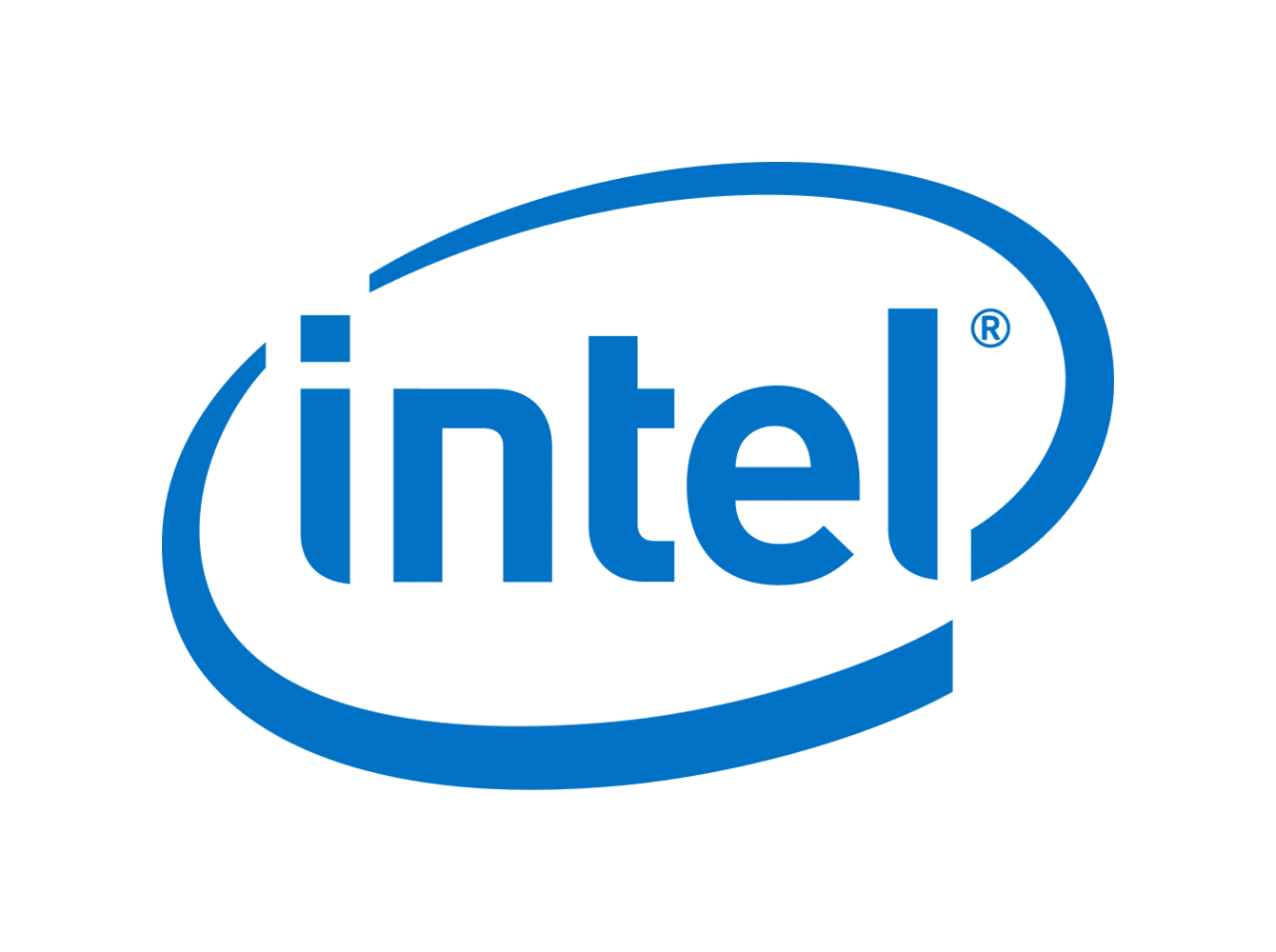hi everyone!
i built a new PC mainly for audio workstation. everything goes fine except when using winrar.
when compressing large folders (i usually do audio projects backups) the pc randomly reboots without a BSOD or any type of error. after that, there’s a critical event ID 41 in event viewer
what i tried yet: stress test with OCCT: runs with no problems stress test with Throttlestop: runs with no problems memtest86: passed compressing with 7zip: runs with no problems different perfDrive profiles and memory tweaks in BIOS makes no difference
finally i found that the problem occurs only when using the “high performance” power plan.
i suspect the PSU may be the problem, but the stress tests are using way much more power and the cpu is far hotter than when using winrar so that doesn’t make sense.
i also think it may be something related to multi-core processing
specs
cpu: i7 13700
mb: gigabyte B760M DS3H DDR4 32Gigs RAM no GPU, just integrated graphics 500W PSU 1 TB WD Green NVME + 3TB WD Purple HDD Win 11


PSU 500W GAMEMAX 80 PLUS BRONZE VP-500 FAN
CPU COOLER GAMEMAX GAMMA 300 RGB
while benchmarking temps are around 95º, power is 140w
while compressing temps are between 65/75, power is 70w/90w
“high performance” power plan (and other tweaks) are used for realtime audio processing, audio glitches and drops are common to occur if not making these tweaks
now i tried disabling hyperthreading, and the problem is gone even in “high performance”
Disabling hyperthreading basically limits heavy multithreaded performance by about 20%, thus reducing power consumption and heat production.
What are these “other tweaks” you’re talking about? Whenever I see someone disable Hyperthreading as a cure for a crashing problem, I wonder where they’re getting that particular idea from.
I know there are things that can help latency etc for audio, but many of those guides / practices / tweaks are based on old technology and old conventional wisdom that may not apply to modern CPUs. If you see a clear and noticeable difference between having these tweaks and NOT having them on your current specific hardware, then by all means stick with them, but if it’s just placebo or “this is what I’ve always done” then I would first see what it’s like without them… and then take the time to see which tweaks are actually doing something useful.